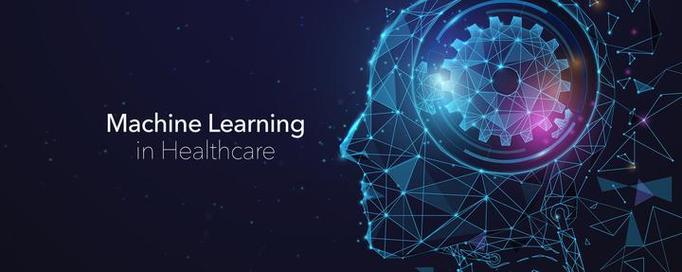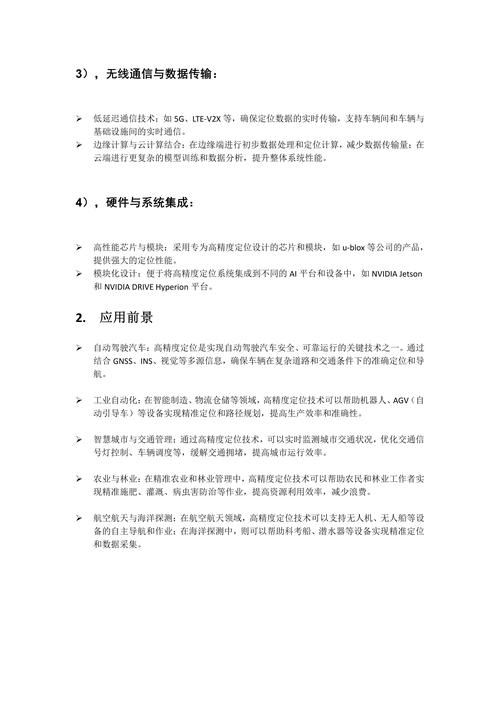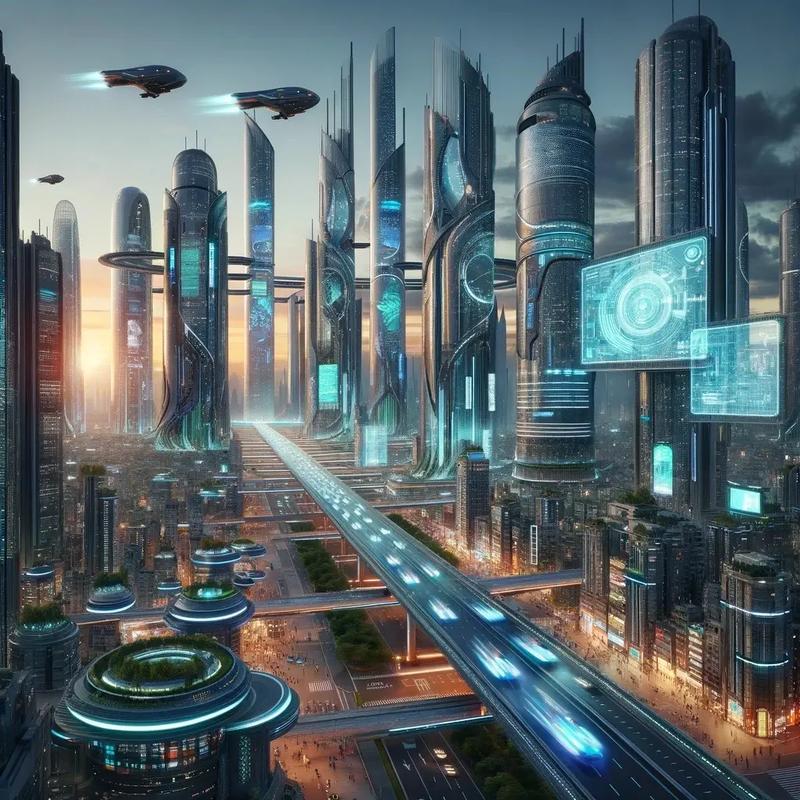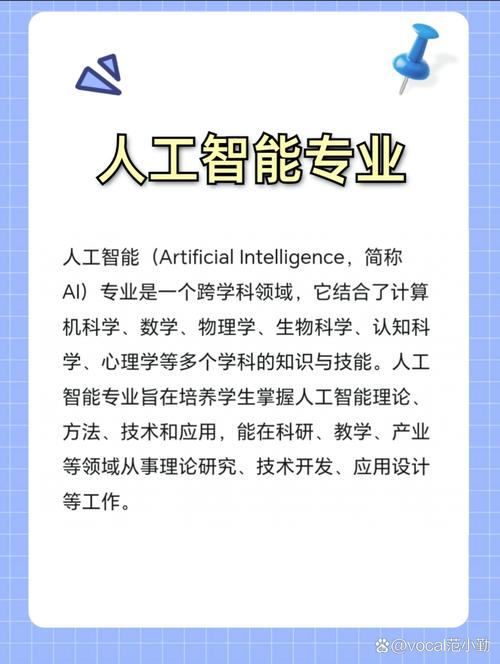AI 英文全称是 Artificial Intelligence,中文翻译为人工智能。人工智能是计算机科学的一个分支,它致力于研讨、开发用于模仿、延伸和扩展人的智能的理论、办法、技能及使用体系。人工智能的研讨范畴包含机器学习、自然语言处理、计算机视觉、机器人技能等。人工智能的使用十分广泛,如智能家居、自动驾驶轿车、智能客服、医疗确诊等。
Artificial Intelligence (AI) has emerged as one of the most transformative technologies of the 21st century. With its ability to mimic human intelligence and perform complex tasks, AI is reshaping various industries and revolutionizing the way we live, work, and interact with the world. In this article, we will delve into the basics of AI, its applications, and the potential impact it holds for the future.
Artificial Intelligence refers to the simulation of human intelligence in machines that are programmed to think like humans and mimic their actions. AI systems are designed to learn from experience, recognize patterns, and make decisions with minimal human intervention. The field of AI encompasses various subfields, including machine learning, natural language processing, computer vision, and robotics.

Machine learning is a subset of AI that focuses on the development of algorithms that can learn from and make predictions or decisions based on data. These algorithms use statistical techniques to enable machines to improve their performance on specific tasks over time. Machine learning can be categorized into three types: supervised learning, unsupervised learning, and reinforcement learning.

The applications of AI are vast and diverse, impacting almost every aspect of our lives. Here are some notable examples:
Healthcare
In the healthcare industry, AI is being used to diagnose diseases, personalize treatment plans, and improve patient outcomes. AI algorithms can analyze medical images, predict patient risk factors, and even assist in robotic surgeries.
Transportation
AI is revolutionizing the transportation sector with self-driving cars, autonomous drones, and smart traffic management systems. These technologies aim to reduce accidents, improve efficiency, and reduce carbon emissions.
Finance
AI is transforming the financial industry by enabling fraud detection, personalized investment advice, and automated trading. AI algorithms can analyze vast amounts of financial data to identify patterns and make predictions that can help investors and businesses make informed decisions.
Customer Service
AI-powered chatbots and virtual assistants are becoming increasingly popular in customer service. These systems can provide instant responses to customer inquiries, handle multiple conversations simultaneously, and improve overall customer satisfaction.
Education
AI is being used to personalize learning experiences, provide adaptive learning platforms, and even grade assignments. AI-powered educational tools can help students learn at their own pace and tailor their education to their individual needs.

The future of AI is bright, with endless possibilities for innovation and improvement. As AI technology continues to evolve, we can expect to see even more sophisticated applications in various fields. Some potential future developments include:
AI Ethics and Governance
As AI becomes more integrated into our lives, it is crucial to address ethical concerns and establish governance frameworks to ensure that AI is used responsibly and for the benefit of society.
AI and Human Collaboration
AI is not meant to replace humans but rather to augment our capabilities. The future will likely see a greater emphasis on AI and human collaboration, where AI systems work alongside humans to solve complex problems and enhance productivity.
AI and the Environment
AI has the potential to address some of the world's most pressing environmental challenges, such as climate change and pollution. By optimizing energy use, improving resource management, and developing new technologies, AI can contribute to a more sustainable future.
Artificial Intelligence is a powerful and rapidly evolving technology that has the potential to reshape our world in countless ways. By understanding its capabilities and applications, we can better prepare for the future and harness the benefits of AI to improve our lives and create a more sustainable and efficient world.
